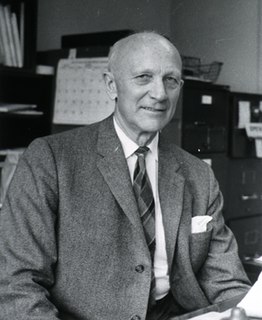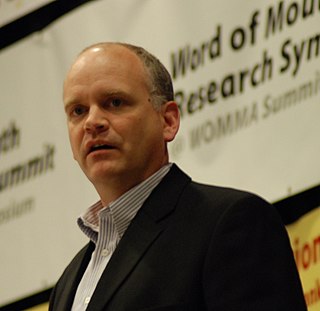A Quote by Thomas Carlyle
I know so little about any history. How little do I know even about the history of myself.
Related Quotes
The art is about opening, it is not about prejudice, it is not about contempt prior to investigation. It's about endlessly trying to keep from having contempt by admitting that you don't know. Even if you know a lot compared to some other people, usually, I think, the honest experience would be: "God, how little I know! And how much I need to have compassion for myself and for other people."
With all the movies I've made about history, it's not really fun because you're trying to get it right. You've got history telling how it was, and then my imagination is telling me how I wish it had been, but I can't go there, so I have to censor myself. I'm very good about stopping myself from creating history that never occurred, but it's frustrating.
I'm not against knowing the history of white people in the U.S. - that's not the point. The point is that there's so much greater history. We don't know about Native Americans. Very basically, we don't know that much about African American history, except that they were enslaved. You only get bits and pieces.
In spite of all these disquieting triumphs in the field of natural science, it's astonishing how little man has learned about himself, and how much there is to learn. How little we know about this brain which made social evolution possible, and of the mind. How little we know of the nature and spirit of man and God. We stand now before this inner frontier of ignorance. If we could pass it, we might well discover the meaning of life and understand man's destiny.
Communication requires cultural context, and technology facilitates our ability to cross-reference ideas over time. Charles Moore were saying: Enough with the sterile, context-less architecture. Enough with the functional-minded frame of operation. How about a little mess? How about a little, let's say, syntax? A little quotation using history? How about some other meanings or symbols? I think that's the only logical reaction when you have to thoughtfully manage the communication of a lot of information.
I don’t know much about history, and I wouldn’t give a nickel for all the history in the world. It means nothing to me. History is more or less bunk. It's tradition. We don't want tradition. We want to live in the present and the only history that is worth a tinker's damn is the history we make today.
Even those who specialize in the history of philosophy often ignore the political and cultural context, and the natural world in which their philosophers were philosophizing. This has consequences both trivial and important. If you systematically read the last fifty years of the major journals in our discipline you would be amazed at the amount of redundancy. Most of this is unacknowledged because most of us know so little about the history of our discipline and even the subfields in which we work.









































